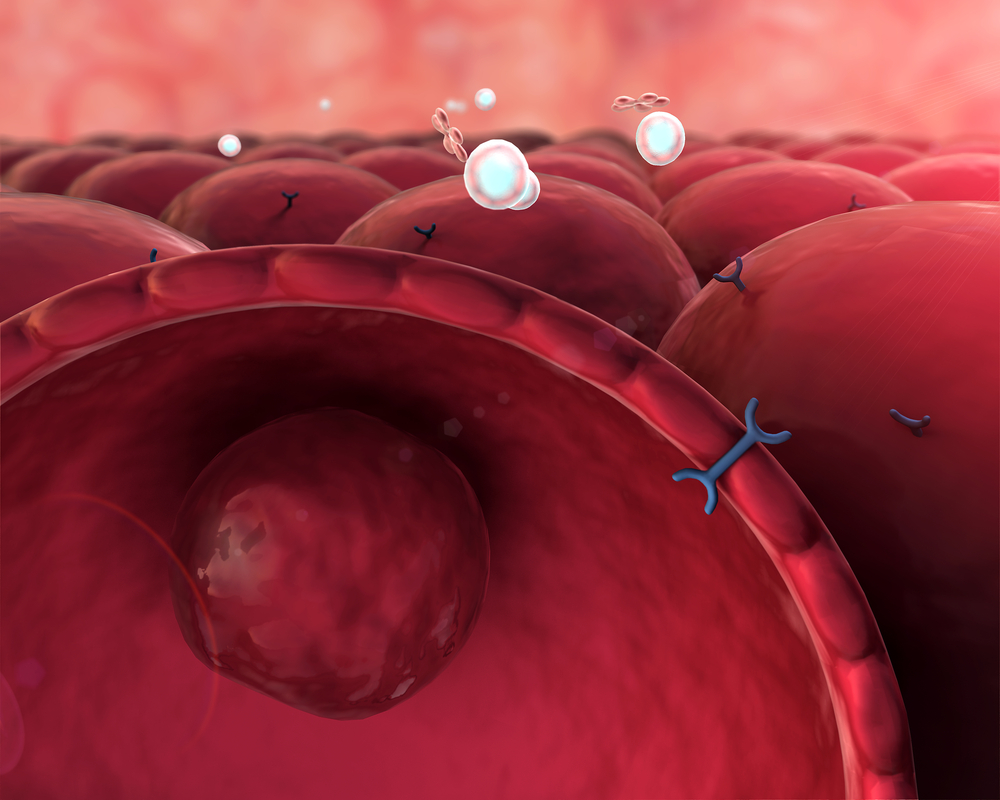A study published just last week has unveiled several new antigens implicated in Type 1 diabetes. In an ongoing project, researchers are working to understand the immune system failures that cause T cells to attack pancreatic beta cells, thereby triggering this serious autoimmune disease. BioVox spoke to Dr. Decio L. Eizirik about the underlying mechanisms of Type 1 diabetes and the discoveries his team has made.
By Amy LeBlanc
Not a choice
Diabetes gets stigma for being a lifestyle disease, implying it is caused by poor choices of the individual. In the case of Type 1 diabetes, this couldn’t be further from the truth; it is an autoimmune disease where a person’s T cells mistakenly identify beta cells in the pancreas as ‘foreign’ and start to attack them as they would a harmful pathogen. Over time, the T cells will eventually eliminate so many beta cells that the person is no longer capable of producing insulin to regulate their blood glucose levels.
When we combined our findings, we found eight, completely new, beta cell antigens.
Without medication, the disease is a death sentence. Fortunately, with regular administration of insulin (via injections or an insulin pump) and with a carefully managed lifestyle and diet, a Type 1 diagnosis is no longer as deadly as before. Nonetheless, scientists are still struggling to figure out what causes these rogue T cells to make such a fatal error. By finding out what makes these cells tick, we may figure out a cure for this difficult disease.
New antigens
Dr. Decio L. Eizirik, Director of the ULB Center for Diabetes Research, has been working to understand the immune system failures that cause T cells to attack pancreatic beta cells. Eizirik and his team have been studying beta cell antigens; the protein markers on the surface of pancreatic beta cells that are erroneously perceived as ‘foreign’ by T cells.
If we want to create a tolerogenic vaccine, we may need to use a multi-peptide approach. For that, we need to know of as many antigens as possible.
So far, very few beta cell antigens have been identified; even fewer, only seven markers, are known to trigger the autoimmune response that leads to Type 1 diabetes. Eizirik has, through a long-term collaboration with Dr. Roberto Mallone from the Cochin institute, managed to identify eight entirely new beta cell antigens. What’s more, using a combination of new techniques the team has shown that all three antigens tested so far are recognised by T cells, therefore making them relevant to Type 1 diabetes. BioVox spoke to Eizirik about his findings:
“Initially, we had two completely different approaches: in Brussels, we focussed on RNA sequencing, identifying all the genes expressed by human beta cells. Roberto decided on a more direct approach: he isolated small fragments of proteins, peptides, that are present in beta cells and form the antigens on the cell surface. Eventually, when we combined our findings, we found eight, completely new, beta cell antigens.”
No more needles
The implications of this research are significant: the discovery adds several missing pieces to a longstanding medical puzzle. Although it does not reveal why these T cells turn on our pancreas, it does identify some of the T cell triggers. This knowledge may be used to generate novel diagnostic tools and to prevent or even reverse the effects of this debilitating disease. The aim, according to Eizirik, would be to use these new antigens to develop a tolerogenic vaccine: a vaccine designed to induce T cell tolerance to the beta cells.
“There is already a clinical trial for a Type 1 diabetes vaccine underway in the UK, in a project led by Mark Peakman. They are already in Phase I, using small insulin fragments to try to induce T cell tolerance of beta cells. However, previous US trials using insulin have already failed; if we want to create a tolerogenic vaccine, we may need to use a multi-peptide approach. For that, we need to know of as many antigens as possible.”


